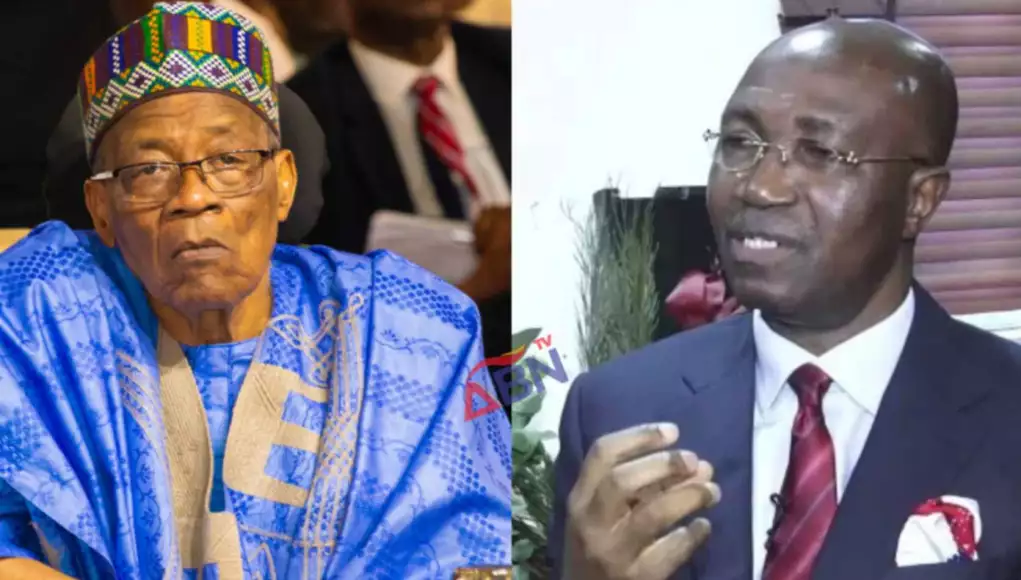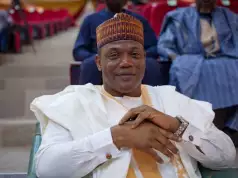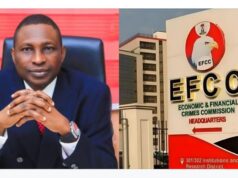Legal luminary and former President of the Nigerian Bar Association (NBA), Chief Wole Olanipekun (SAN), has strongly condemned the actions of former Military President, General Ibrahim Babangida, over his handling of the June 12, 1993, presidential election.
Olanipekun described Babangida’s annulment of the election as an act of treason, stating that despite the former leader’s recent expression of regret in his autobiography, there was no sign of genuine remorse or an apology to Nigerians.
Speaking during a lecture at Pastor E. A. Adeboye’s 83rd birthday held at the Redeemed Christian Church of God (RCCG), Ibafo, Olanipekun criticized Babangida’s narrative on the annulment, calling it contradictory and lacking accountability.
READ ALSO: Supreme Court Cancels Rivers Local Government Elections
He pointed out that while Babangida admitted to subverting the will of the Nigerian people, he failed to offer any apology to the late M.K.O. Abiola, his family, or the nation.
“Throughout the unveiling of the former military president’s autobiography and the ‘pomp and pageantry’ that surrounded the occasion, there was no word of apology to Abiola, his family, or the Nigerian people,” Olanipekun stated.
He further emphasized that Babangida’s actions remain treasonable, as they led to severe consequences, including Abiola’s death in detention, the assassination of his wife Kudirat, the collapse of his business empire, and the loss of countless Nigerian lives.
Beyond Babangida’s role in the annulment, Olanipekun reiterated the urgent need for Nigeria to undergo structural reforms.
He argued that the country’s current framework is flawed and incapable of delivering stability and prosperity. “This amoebic configuration will not take us far,” he remarked.
During a panel discussion following the lecture, Justice Eni Esan (rtd), Oyo State Anti-Corruption Agency Chairperson, commented Olanipekun’s insights.
She stressed the importance of addressing Nigeria’s deep-rooted issues through systemic changes, including constitutional reform.
“I agree with Chief Olanipekun on the need for a new constitution. We are merely treating the symptoms while ignoring the root causes of our problems,” Justice Esan said. She also highlighted how political elites resist reforms to protect their interests, making genuine change difficult.
Retired Deputy Inspector General of Police, Pastor Leye Oyebade, also weighed in, emphasizing the necessity of strengthening institutions that promote law and order.
He advocated for a reformation approach in the justice administration system and called for greater political will to drive constitutional overhauls.
Both panelists underscored that Nigeria would continue to grapple with governance failures, corruption, and institutional decay without bold reforms, making Olanipekun’s call for structural change even more urgent.










